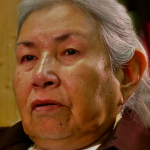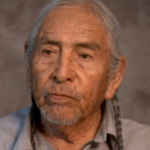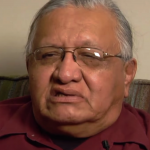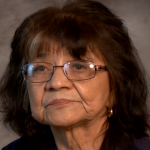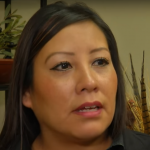Learning Question Pages for classroom use:
Click on each title below to find interviews accompanied by “Learn About” and “Learn From” questions for use in classrooms, in small groups or for deeper personal exploration of each video. Not all videos are accompanied by questions.
 Yu Oninhan Olowan Wan: Song & Translation by Earl Bullhead
Yu Oninhan Olowan Wan: Song & Translation by Earl Bullhead
 “Moccasin Economy” with Lowell Amiotte
“Moccasin Economy” with Lowell Amiotte
 Reservation Governments with David Bald Eagle
Reservation Governments with David Bald Eagle
David Bald Eagle Becomes a Chief of the United Indigenous Nations
David Bald Eagle & the Selection of Chiefs of the United Indigenous Nations
David Bald Eagle Tells About His Schooling & Sports
David Bald Eagle Tells About His Hollywood Career
 Welcoming the Thunder Beings with Waylon Black Crow NEW!
Welcoming the Thunder Beings with Waylon Black Crow NEW!
 Compassion, Help & Respect with Sidney Byrd
Compassion, Help & Respect with Sidney Byrd
 The Oceti Sakowin Circle with Stephanie Charging Eagle
The Oceti Sakowin Circle with Stephanie Charging Eagle
Being a Vessel for Sharing with Stephanie Charging Eagle
 Generosity & Sharing with Victor Douville NEW!
Generosity & Sharing with Victor Douville NEW!
 Modern Conveniences with Irene Eagle Thunder-Skunk
Modern Conveniences with Irene Eagle Thunder-Skunk
 My Role in My Community with Ricky Gray Grass NEW!
My Role in My Community with Ricky Gray Grass NEW!
 Reciprocity with the Land with Gladys Hawk
Reciprocity with the Land with Gladys Hawk
 Addressing Misconceptions with Drs. Johnson & Eastman
Addressing Misconceptions with Drs. Johnson & Eastman
 Getting an Education with Pearl Kennedy-Colombe
Getting an Education with Pearl Kennedy-Colombe
 Saving Language & Culture with Joseph Marshall III
Saving Language & Culture with Joseph Marshall III
 Heroes & Technology with Donald Montileaux
Heroes & Technology with Donald Montileaux
 Educational Self Determination with Whitney Rencountre
Educational Self Determination with Whitney Rencountre
 Standing on the Prayers of My People with Faith Spotted Eagle
Standing on the Prayers of My People with Faith Spotted Eagle
Women's Societies with Faith Spotted Eagle
 Economic Development with Eli Tail Sr. NEW!
Economic Development with Eli Tail Sr. NEW!
 “White Man's Education” with Jesse Taken Alive
“White Man's Education” with Jesse Taken Alive
Meeting the Needs of the “70%” with Jesse Taken Alive
Humility with Jesse Taken Alive
 Productive Use of Reservation Land with Lydia Whirlwind Soldier NEW!
Productive Use of Reservation Land with Lydia Whirlwind Soldier NEW!
 College for Tribal Members with Janelle Williams
College for Tribal Members with Janelle Williams
Oceti Sakowin Essential Understanding 7 Extended Description
The essential thought and philosophy of the Oceti Sakowin wicoun (way of life) is based on values that are centuries old. Communal way of life has ensured that the Oceti Sakowin will continue for generations to come. The foundation on which survival is based are the Oceti Sakowin values woohitika (bravery), wowacintanka (fortitude), wacantognaka (generosity) and woksape (wisdom).
The Oceti Sakowin are proud people with a rich heritage and many famous patriot chiefs. They were known to be hunters and eminent warriors of the plains and woodlands of present day Minnesota and South Dakota. Men gained prestige through exemplified values and virtues throughout their lifetime deeds, reflected in the honor of tribe and family. Women possessed family lodges and all it contained. A close knit family unit is central; the children are held as deep spiritual gifts.
Tribal values are intrinsically rooted in tribal sovereignty and land preservation. Today, tribal councils still place high value on revitalizing Oceti Sakowin wicoun (way of life). As economic interests frequently conflict with tribal tradition and culture, careful consideration is given to the types of businesses that the tribes allow onto reservations.
In an effort to address high unemployment rates, tribal councils are continually looking at economic development opportunities such as wind and solar energy, development of tribal lands, conservation of natural resources and tourism.
Education is at the forefront of these initiatives. Since 1970 Native nations banded together forming the American Indian Higher Education Consortium. Beginning with two and four year programs, the higher learning offerings have expanded into graduate degrees and are on the threshold of offering doctoral programs. They offer degrees in a variety of areas such as: nursing, education, business administration, social sciences and Native American language and studies.
The Oceti Sakowin are still here, still proud, still strong and in the face of many injustices have entered this century with fortitude and with their values intact, to reinforce their beliefs in tribal life and with determination to overcome and build better lives for their children. (L. Whirlwind Soldier 2012)
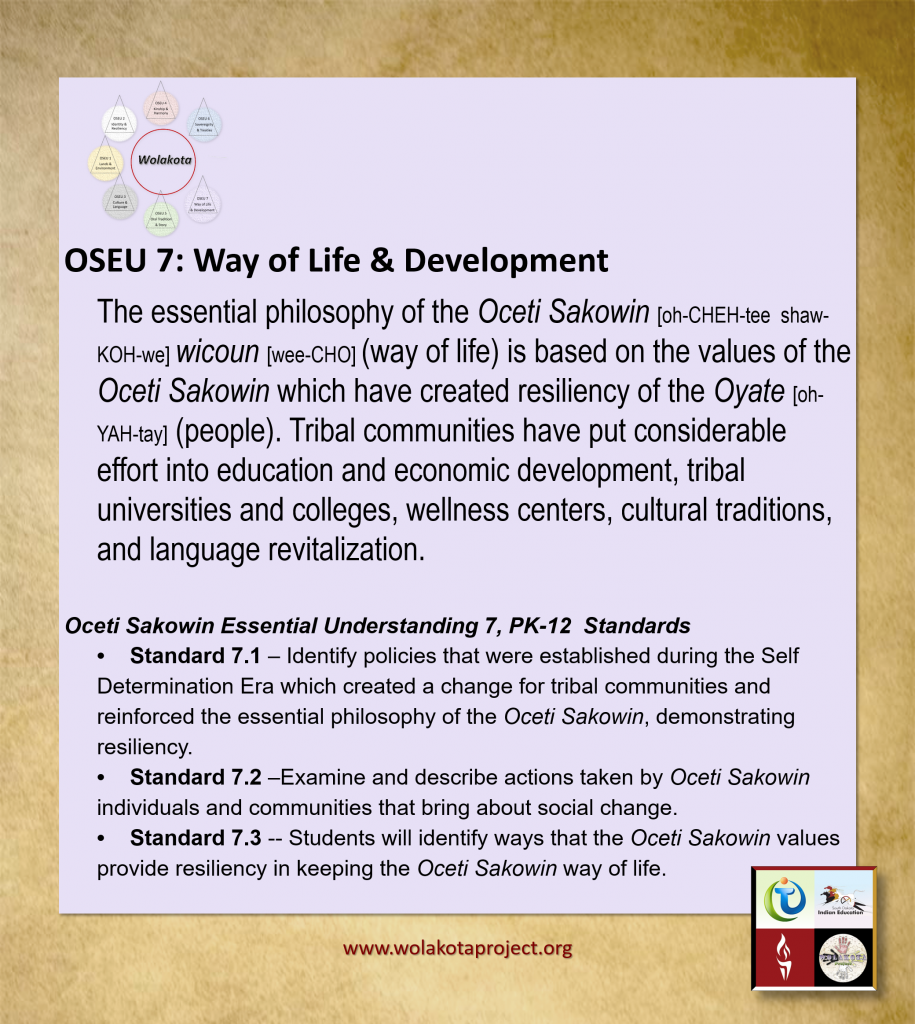
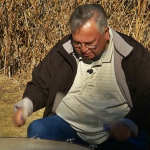
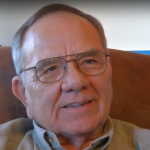 “Moccasin Economy” with Lowell Amiotte
“Moccasin Economy” with Lowell Amiotte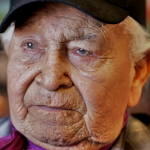
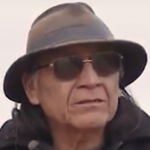
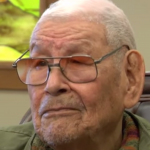
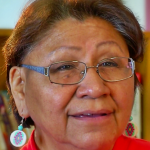
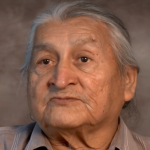
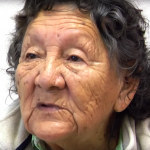
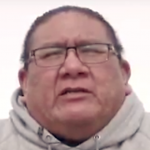
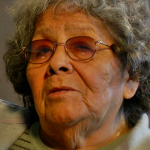
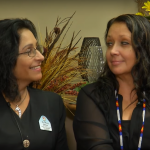
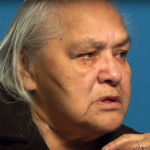
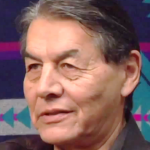
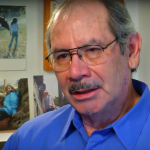
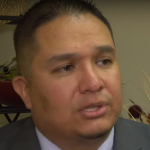 Educational Self Determination with Whitney Rencountre
Educational Self Determination with Whitney Rencountre